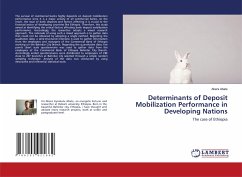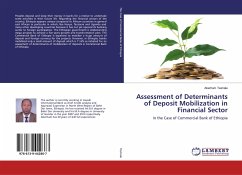In the field of taxation, a deposit is not included as gross income to the receiving party until the depositing party chooses to apply the funds to purchase services. A 1990 ruling provides that a deposit differs from an advance payment because the depositing party has dominion over the funds and retains the right to insist upon repayment in cash. On the other hand, the party making an advance payment retains no right to insist upon the return of the funds as long as the recipient fulfils the contractual agreement.The rationale behind the court s decision is that the recipient of the deposit does not enjoy complete dominion over the funds and is subject to an express obligation to repay so long as the customer fulfils his or her legal obligations. Additionally, both the timing and the method of refund are largely within the control of the depositing party, as he or she can choose to insist upon repayment in cash or apply the deposit to purchase services. The recipient s right to retain the funds of the deposit is contingent upon events that are outside of his or her control.
Bitte wählen Sie Ihr Anliegen aus.
Rechnungen
Retourenschein anfordern
Bestellstatus
Storno








